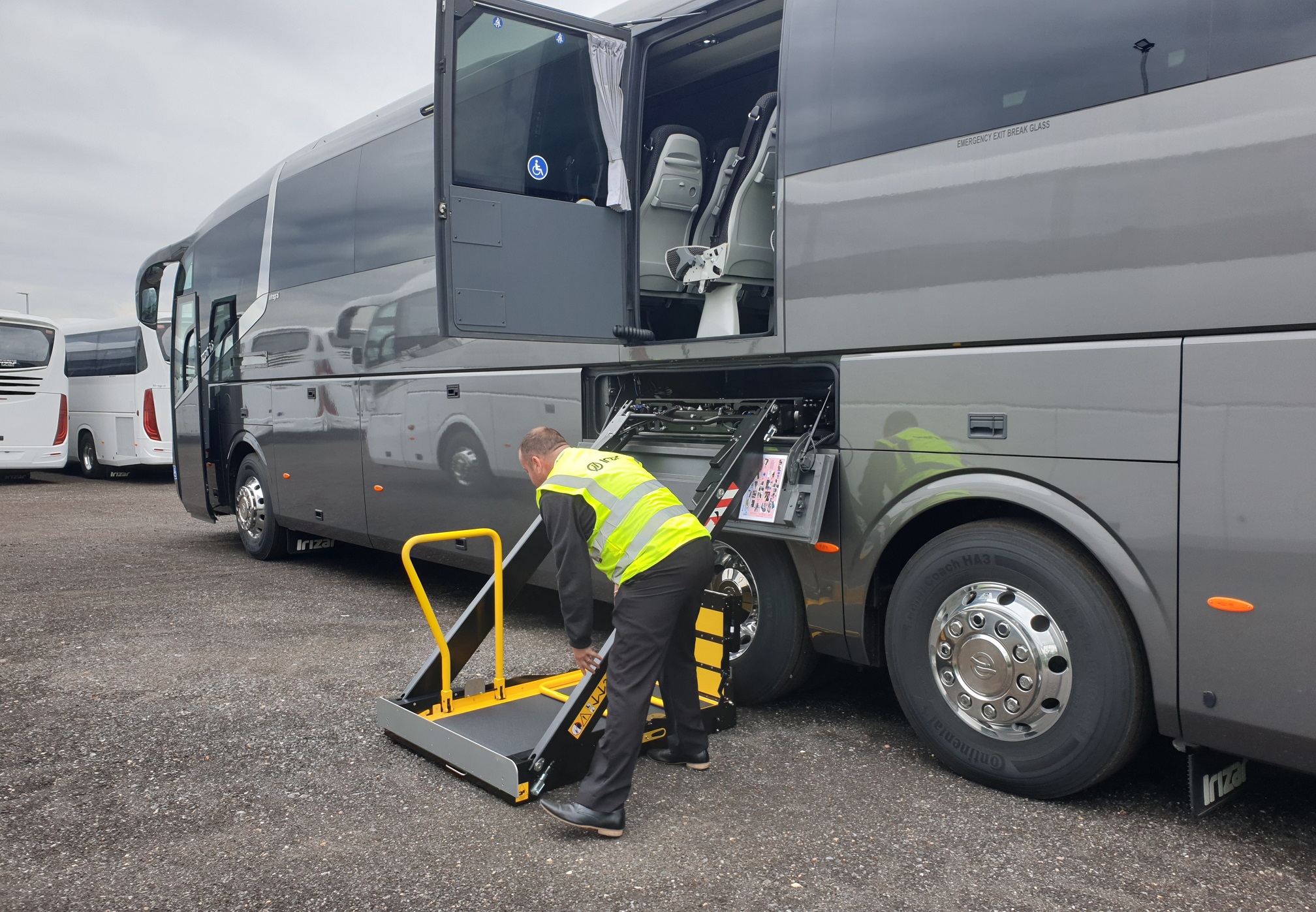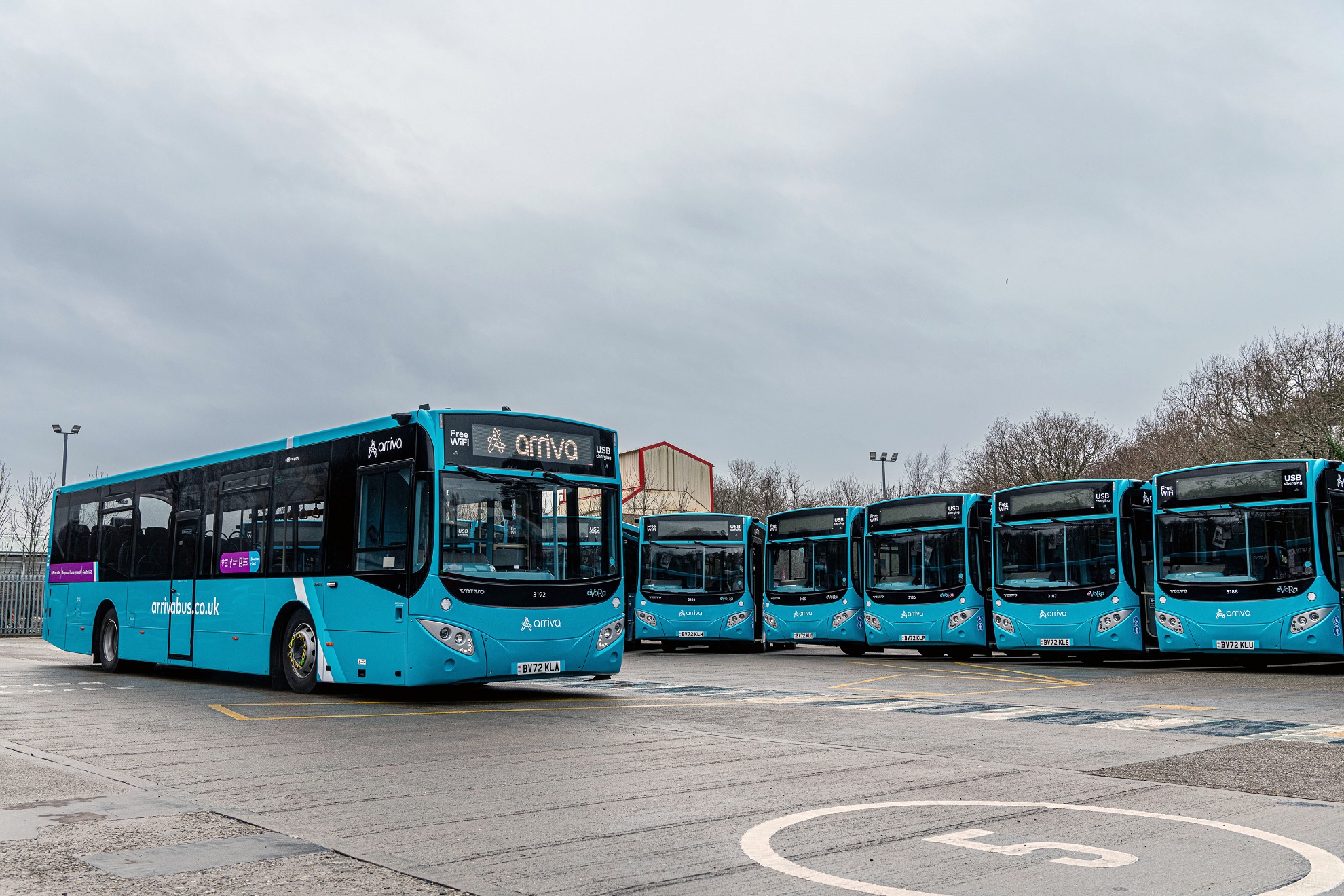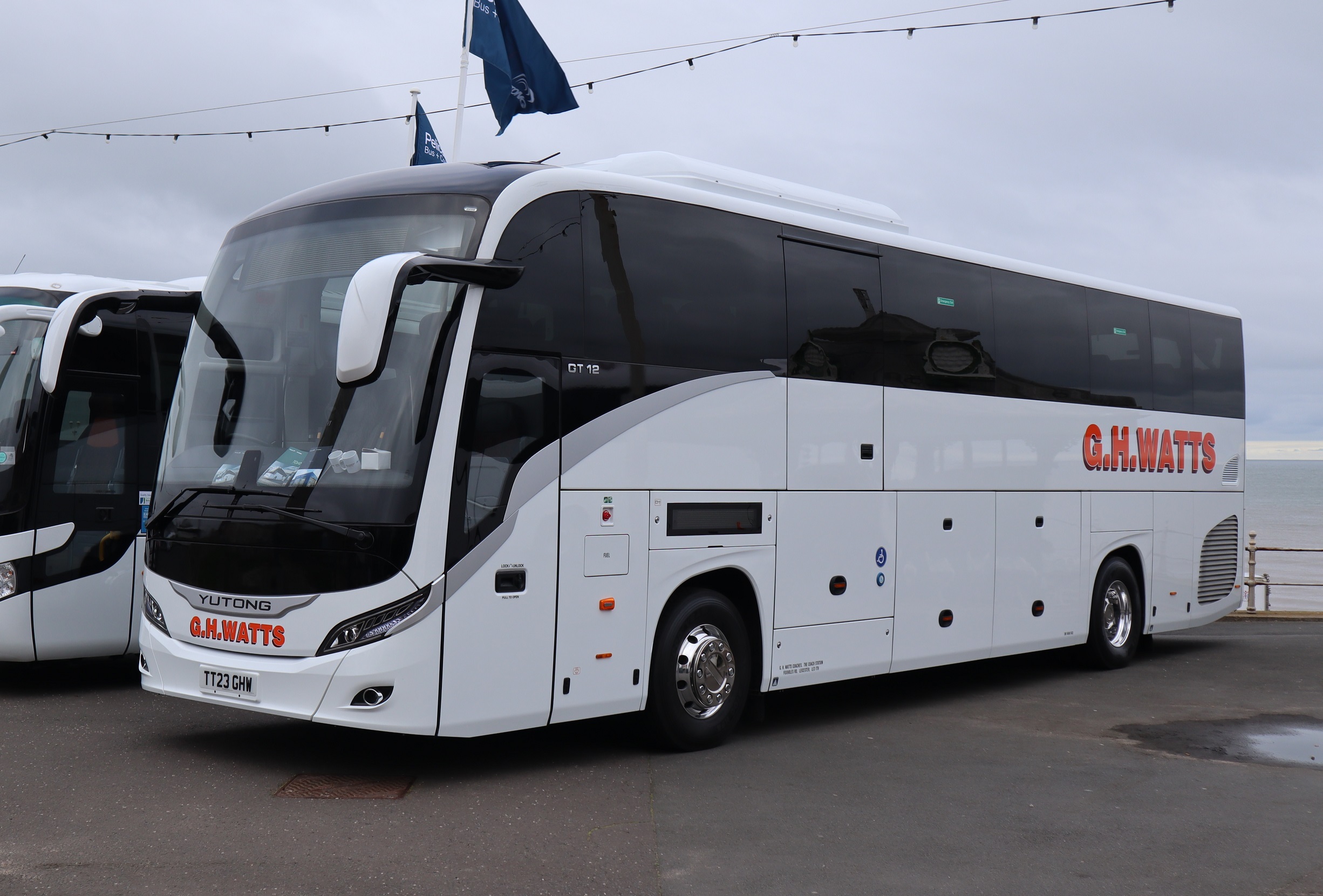The call for evidence on how PSVAR might evolve will be published “soon” by the Department for Transport (DfT) as part of a review of the Regulations. The disclosure was made by DfT Co-Director, Local Transport Jessica Matthew at the Confederation of Passenger Transport UK Bus and Coach Conference on 31 March.
Exactly when the call for evidence will appear is not yet known, but a source has suggested that it will be after the 4 May local elections in England. DfT officials have already outlined the six areas of focus for the review.
Ms Matthew has encouraged coach operators to respond to the call when it is made, and underlined already-known policy that it will include an aspect of decarbonisation. How the two topics will sit alongside each other is unclear, but it is understood that decarbonisation was added to the PSVAR work after lobbying that both represent major issues for the coach industry.
Also explored in the Conference session was the increasingly prominent disconnect between coach accessibility and lack of the same in roadside infrastructure. Concerns around current arrangements for lifts and their deployment in accessible coaches additionally featured.
Expansion of PSVAR in coach argued for ahead of Review
A need for an expansion of coach accessibility was robustly argued for by Disabled Persons Transport Advisory Committee Local Travel Working Group lead Will Bee.
He acknowledges that coaches already serve a lot of disabled people well, but notes that many coach users are aged over 70, the demographic where disability is most common. Greater accessibility across the fleet would open the mode up to more customers, says Mr Bee.

“PSVAR has revolutionised bus travel for disabled people, but it has not done the same for coach travel,” he continues.
Mr Bee believes that a regulatory approach to PSVAR is still required, citing the lack of progress made outside the scheduled service landscape as justification.
However, he is a further influential figure to acknowledge the potential benefits of an outcome-based strategy for application of PSVAR to coaches. “In the next batch of Regulations, we need to consider whether we go for a very prescriptive approach as at the moment, or an outcome-focused regime,” he says.
Under that theoretical position the coach would need to be accessible, but how that is achieved would not be strictly defined, as it is now. “It would be open to coach manufacturers to design a solution to [satisfy] the outcomes,” continues Mr Bee. “We can see positives in that approach.”
Exploration of outcome-based policy will start with the call for evidence. Such a route to compliance may prove to be appropriate when the age of the existing Regulations is considered, Mr Bee says. Developments in technology since PSVAR debuted may allow manufacturers to provide new solutions, he concludes.
Current lift arrangement ‘is not fit for purpose’
Likely also to feature in work around the PSVAR review is how wheelchair users are lifted to and from compliant coaches. The current approach “in most instances is not fit for purpose,” Irizar UK Sales Director Julie Hartley told the conference, although she adds that the space envelope of a coach is a major constraint on how lifts are packaged.
That notwithstanding, Irizar UK has ordered an i6S Efficient integral with a full-width centre door and a lift mounted within steps there. That takes the lift ‘up and in’, improving safety, but it is still requires suitable roadside infrastructure.
What would be a major benefit to coach accessibility is relaxation of the 11,500kg maximum weight authorisation on drive axles, Mrs Hartley continues. On two-axle coaches it impacts luggage carriage for PSVAR compliant models. She advocates upping the limit to 12,500kg without increasing the maximum 19,500kg GVW for such vehicles.
“This urgently needs to be discussed,” Mrs Hartley continues. “The remainder of Europe runs 12,500kg drive axles and can accommodate lifts, passengers and luggage comfortably.”
Despite discussion around the future of PSVAR for coaches, Ian Tetley of Leeds operator Tetley’s Coaches questioned why it captures some closed-door home-to-school services.
He notes that passengers on those routes are known in advance. While accessibility must be present when it is needed in that situation, Mr Tetley says that the current approach to PSVAR on home-to-school services requires attention. He believes that DfT should engage in an evidence-based review of it.
“I fully support a requirement for PSVAR compliance on scheduled coach services and rail replacement. Also on home-to-school – but with the proviso that there needs to be demand for accessibility.”

























